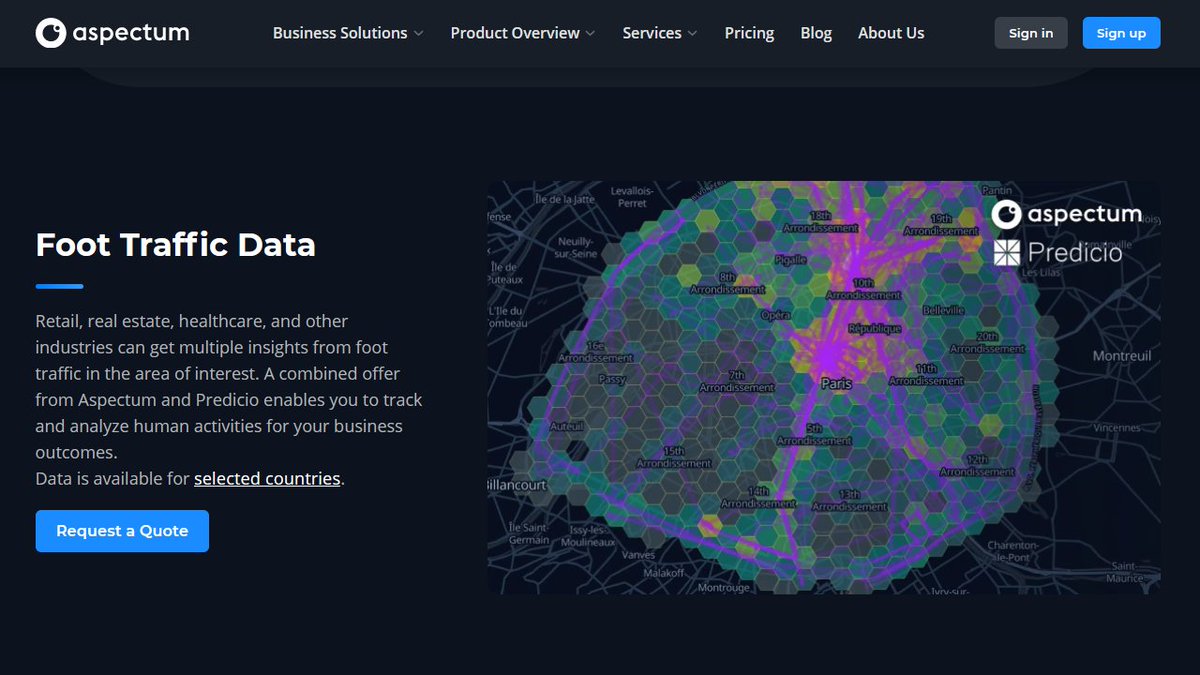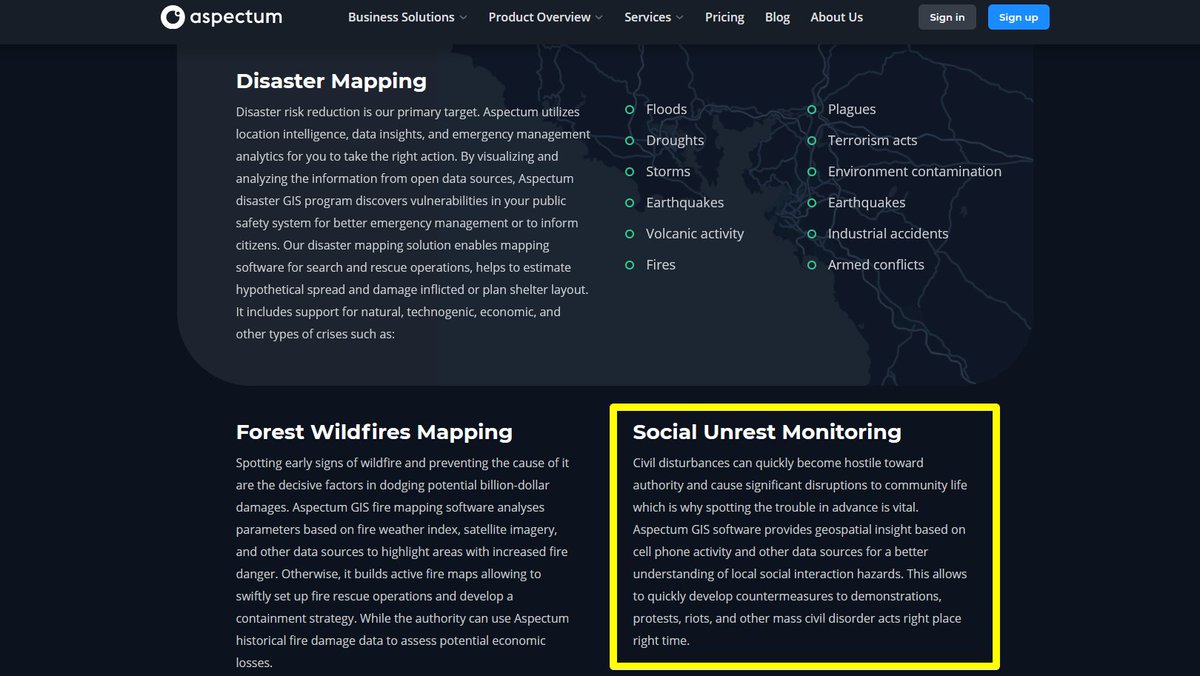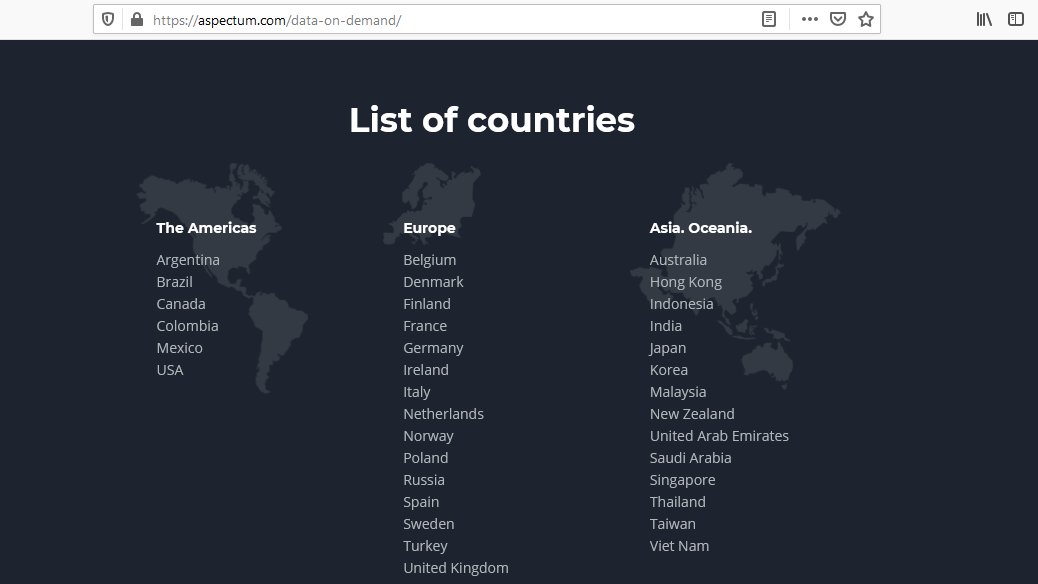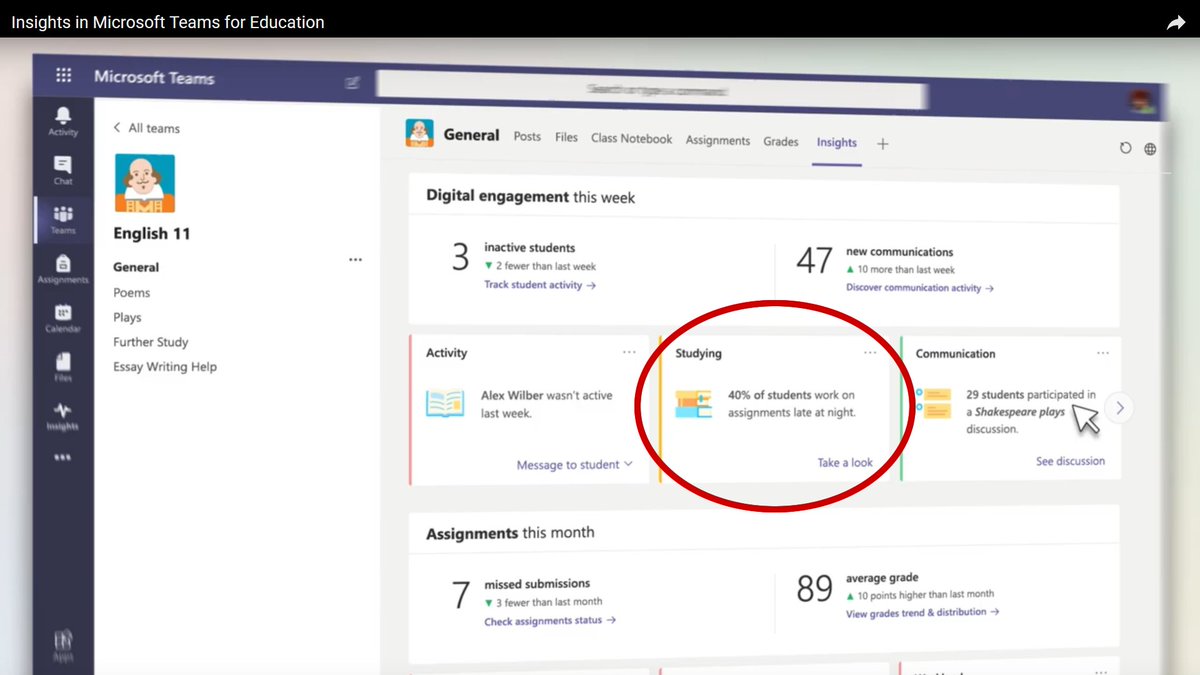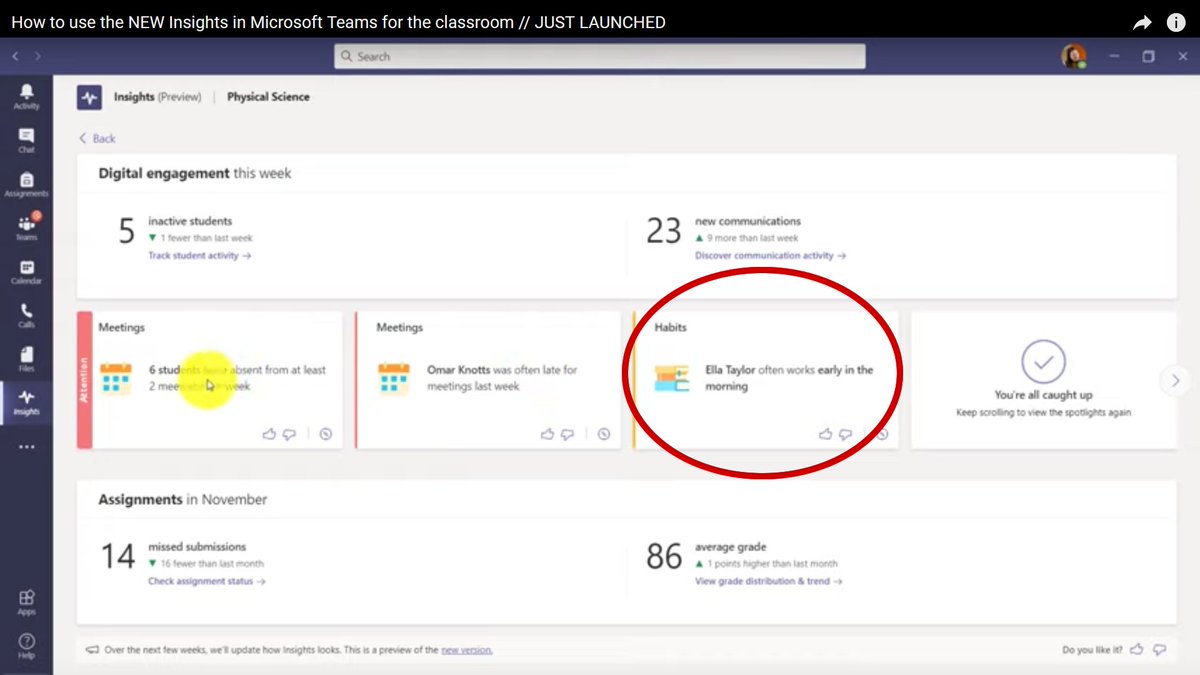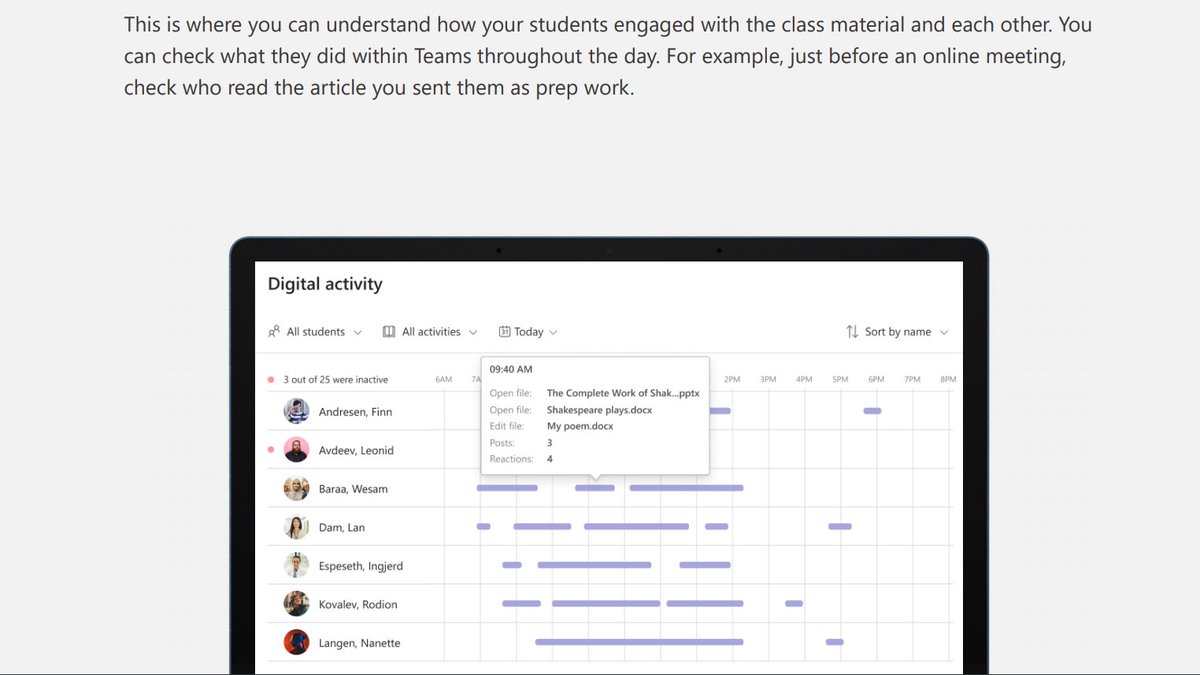
Austrian telco A1 with 25 million customers in Austria, Bulgaria, Croatia, Slovenia, Serbia, North Macedonia and Belarus announces to sell 'insights into the movement of people' based on 'aggregate'+'anonymized' location data via @here's data marketplace:
here.com/sites/g/files/…
here.com/sites/g/files/…

Exploiting the pandemic to expand on commercial location data business, great.
"Our analytics product, A1 Mobility Insights, has already proven itself to be considerably helpful during the current coronavirus crisis. By joining the HERE Marketplace, we can go a step further"
"Our analytics product, A1 Mobility Insights, has already proven itself to be considerably helpful during the current coronavirus crisis. By joining the HERE Marketplace, we can go a step further"

'A1 Mobility Insights' is provided together with invenium.io. According to the FAQ, A1 'replaces' IMSI numbers with daily changing 'random IDs' before sharing data with Invenium.
This would still mean they process (pseudonymous) personal data.
invenium.io/de/blog/2020-1…

This would still mean they process (pseudonymous) personal data.
invenium.io/de/blog/2020-1…


According to the same FAQ, the minimum aggregation level of the analysis *output* is 20 persons, but with the disclaimer "depending on the project requirements".
Anyway, they seem to process personal data and do not mention advanced ex-ante or ex-post anonymization techniques.
Anyway, they seem to process personal data and do not mention advanced ex-ante or ex-post anonymization techniques.
They claim that the Austrian data protection authority has confirmed ('bestätigt') their 'anonymization technique' as GDPR compliant.
I'd love to see a statement on this by the Austrian DPA.
Do they really have a legal basis to process pseudonymous personal data in this way?
I'd love to see a statement on this by the Austrian DPA.
Do they really have a legal basis to process pseudonymous personal data in this way?
I think, this deserves further scrutiny + media attention.
Apart from legal questions, I doubt that 25 million A1 customers in several European countries are fine with - or even aware of - A1 analyzing their movements and selling insights for all kinds of commercial purposes.
Apart from legal questions, I doubt that 25 million A1 customers in several European countries are fine with - or even aware of - A1 analyzing their movements and selling insights for all kinds of commercial purposes.
Btw. According to Creditreform, Invenium is majority-owned by Mobilkom Beteiligungsgesellschaft mbH (firmenabc.at/invenium-data-…), which is owned by A1 Telekom Austria Group.
Originally, Invenium is a Graz University of Technology spin-off, founded in 2016: tugraz.at/tu-graz/servic…
Originally, Invenium is a Graz University of Technology spin-off, founded in 2016: tugraz.at/tu-graz/servic…
HERE Technologies, who runs the location data marketplace, provides mapping and location data stuff. Formerly known as Navteq it has been around since ages, has been owned by Nokia, and is now owned by Mitsubishi, Japanese telco NTT, Intel, Continental, Bosch, Audi, BMW, Daimler.
HERE's customers for its 'location intelligence' products include the US Department of Homeland Security (360.here.com/what-were-doin…), partners include NSA contractors such as CACI (here.com/partners/find-…). 

• • •
Missing some Tweet in this thread? You can try to
force a refresh






